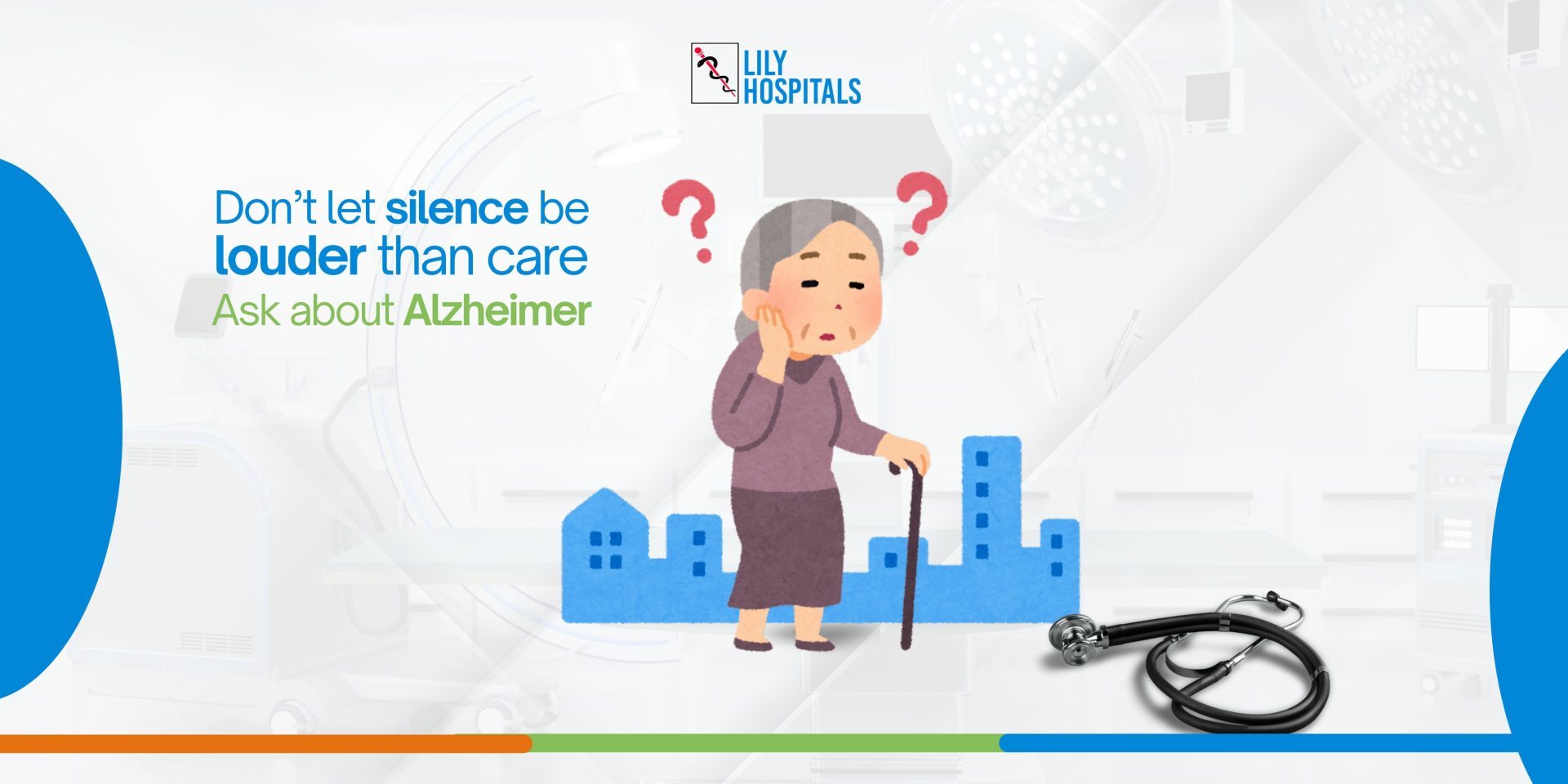
Alzheimer’s disease is often described as a thief of memories, slowly robbing individuals of their ability to recall the people, places, and moments that shape their lives. More than just forgetfulness, it is a progressive brain disorder that affects thinking, behavior, and independence—impacting not only those diagnosed but also their families and caregivers. While the thought of Alzheimer’s can feel overwhelming, there is hope beyond memory loss. Advances in research, evolving treatment approaches, and lifestyle strategies are helping people manage the condition more effectively and even reduce the risk of developing it.
In this article, we’ll explore the causes of Alzheimer’s, the available treatment and management options, and practical steps for prevention. Whether you are caring for a loved one, seeking to protect your own brain health, or simply aiming to understand this condition better, this guide will provide insights and strategies that offer both knowledge and hope.
What is Alzheimer’s Disease
Alzheimer’s disease is a degenerative condition that affects the brain. It is an incurable brain disorder that affects the memory, cognitive faculties, and behavioural activities. Alzheimer causes dementia which is the advanced stage of this illness.
Symptoms of Alzheimer’s Disease
1. Memory Loss
Anyone experiencing this condition will be plagued with the difficulty of remembering recent events, or events that happened in their early years. Also, remembering people’s names, faces, life facts or even recall where they are at the moment is a problem.
2. Difficulty in Critical thinking and reasoning
Someone with Alzheimer usually experiences confusion in making important decisions. This affects the time used in making such decisions. Moreover, they find it hard to follow a recipe, make plans, decide the next step and even the next place to go.
3. Language trouble
This condition is visible when an individual finds it hard to speak, read or understand their language. An adult known to talk much, now speaks less, always uses the wrong word, speaks like a child. In the event where they understand more than one language, they usually mismatch the languages.
4. Behaviour crisis
Experiencing mood swings, acting suspicious even with familiar people, becoming easily agitated and hallucinating intensively are signs of Alzheimer.
5. Dysfunctional understanding
An individual with this condition will have a difficult time in knowing how close they are to objects. They can bump into clearly visible objects, furniture, and have difficulty in hand movements.
What are the causes of Alzheimer’s Disease
Alzheimer’s Disease has been linked to abnormal build up of proteins in the brain. These proteins are known as amyloid and tau. They stick together causing plaques and tangles which prevent the neurons from functioning properly. When this happens, the neuron’s ability to send and receive electrical and chemical signals is blocked.
The cause of this protein build up has not been identified, however, research to discover it is still ongoing.
What are the risk factors associated with Alzheimer’s
There are non-modifiable risk factors and modifiable risk factors of this disease.
Non-modifiable Risk Factors
- Genetics: An individual that/had a sibling or parent that suffered from this disease is most likely to suffer from it.
- Age: This disease had been discovered to plague senior citizens from 65 years and above. So, someone within this age may suffer from this disease.
- Down Syndrome: Individuals that have previously experienced down syndrome, are at a risk of being affected by Alzheimer.
Modifiable Risk Factors
- Environmental factors: Exposure to metals like aluminium, lead, pesticides, industrial chemicals, chronic noise and air pollution, makes a person vulnerable to this disease.
- Lifestyle factors: Lack of physical activities, smoking, excessive intake of alcohol, lack of rest and sleep, and other negative daily routines increases one’s vulnerability to Alzheimer.
- Health factors: Those with health conditions like High Blood Pressure, High Cholesterol levels, diabetes, obesity, etc are at higher risk of developing Alzheimer.
- Mental and cognitive factors: Constant depression, social isolation, low educational attainment, less cognitive activities are conditions that pose one to be at risk of developing Alzheimer’s.
- Medical conditions: Impaired hearing, psychological stress, head trauma, are factors that increase the risk of developing this disease.
Complications Associated with Alzheimer’s
Generally, this neurodegenerative disease affects the proper functioning of the brain, which causes a permanent change in everyday life. Specific complications includes:
- Infections
- Seizures
- Difficulty in breathing
- Difficulty in swallowing
- Bedsores
- Falls
- Malnutrition
- Dehydration
- Cavities
- Urinary incontinence
- Overall decline in health
How is Alzheimer diagnosed
All the listed symptoms above show that one is suffering from memory loss. However, proper diagnosis by our neurologist will correctly determine this disease and the right treatment to undergo.
For the right diagnosis to be carried out, our neurologist will examine the patient’s medical history, and the current state of health. Afterwards, a complete physical and neurological exam will be carried out. These include blood tests, brain MRI, CT scan, cognitive tests, urine tests and PET scan.
These methods help our specialist to identify signs of brain damage, changes in brain function, presence of protein build up, etc, giving an accurate analysis.
How can Alzheimer be Treated?
There is no cure for this cognitive health decline, however at lily hospitals, we can prescribe treatment that will slow down the rate of its development into a more serious condition like dementia. To maintain the brain’s health, which significantly impacts overall health, treatment needs to be started as soon as possible.
What is the life expectation of those suffering from Alzheimer’s?
Everyone reacts to Alzheimer differently, this will mean that life expectancy is different for those living with it. After diagnosis, people who are above 65 may live between four to eight years before passing on. If diagnosis is done before an individual gets to 65 years, they can live for decades.
In what way can this be prevented?.
For non-modifiable risk factors like age, genetics, and down syndrome, becoming affected by cognitive decline cannot be controlled. However, the modifiable risk factors can be managed to reduce susceptibility.
On a daily basis, ensure to be intentional about the following:
- Eat healthy: reduce your intake of processed foods, consume more fruits, leafy green vegetables, especially those that are healthy for the brain like berries, citrus fruits, avocados, fatty fish, whole grains, etc.
- Avoid a sedentary lifestyle: being involved in physical activities increases blood flow and oxygen to your brain.
- Be social: stay connected to your loved ones. Be active in group activities, volunteering, etc.
- Be mentally active: engage in board games, cognitive activities, puzzles, learn how to play musical instruments, push your brain to learn new skills.
Final word from Lily Hospitals
Alzheimer’s condition can be better with love and care, no matter how scary it poses. We are always here for you, either you are living with the condition, or taking care of a loved one with the condition. Reach out to us today. Lily Hospitals care.


